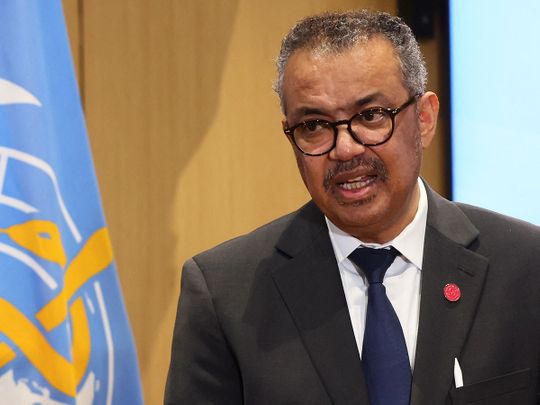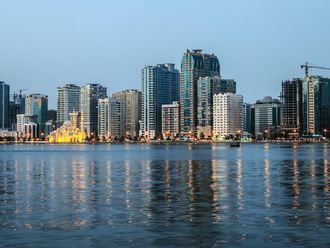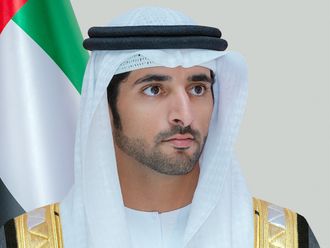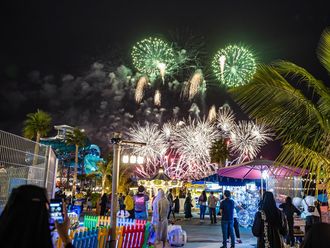
Dubai: The UAE has played a vital role in the World Health Organisation’s work to support the quake-hit countries of Turkey and Syria, Director-General of WHO Dr Tedros Adhanom Ghebreyesus told the World Government Summit in Dubai on Tuesday.
In a virtual address from Syria, where he is coordinating relief efforts, Dr Ghebreyesus said over the past few days, WHO (World Health Organisation) had dispatched three flights with medical supplies and surgical instruments to both countries from its logistics hub in Dubai.
“Indeed, our UAE Dubai hub is an increasingly important part of the WHO’s work around the world on emergency preparedness, response and resilience. In the past year, we have delivered essential supplies to 90 countries from Dubai. And since 2017, the Dubai hub has expanded tenfold,” he said.
Dr Ghebreyesus said the devastating earthquake in Turkey and Syria is another reminder of the need for all countries to build their capacities for health and emergency preparedness, risk factors and resilience.
Gaps in defences
“As you all know, COVID-19 has revealed serious gaps in the world’s defences against epidemics, pandemics, and other health emergencies. And we know that unfortunately, this will not be the last point nor the largest scale of emergency with urbanisation, habitat destruction, intensive agriculture and climate change. These risks are converging with unprecedented frequency and intensity. We owe it to those who have lost and those who will come after us to learn the lessons from this pandemic and make the changes that must be made to keep the world safer.”
New fund
He said WHO has proposed a framework for a stronger architecture for global health security, including stronger governance, stronger financing, stronger systems and tools and a stronger WHO. The International accord or agreement that countries are now negotiating will provide a much-needed framework for enhancing a shared response.
Dr Ghebreyesus highlighted the importance of the newly established pandemic fund and said the WHO hub for Pandemic and Epidemic Intelligence in Berlin will help to build collective capacities to predict, detect, assess, and respond to emergencies.
“Work is also underway to enhance the global health emergency workforce to build a new platform to increase equitable access to medical products and to build clinical care.”
Diverse threats
Dr Ghebreyesus pointed out the need for taking action against many other threats.
“Far too many women and children still die from complications of pregnancy and childbirth. Far too many people still die from preventable diseases like HIV, TB, malaria and neglected tropical diseases… Far too many people die as a result of unsafe roads, unsafe medicines and health again, unsafe cooking fuels and unsafe water and sanitation. And far too many people die from air pollution and climate-related health threats,” he added.
COP28 in UAE to address health
He observed that the progress towards the UN Sustainable Development Goals has slowed down and the window of opportunity is narrowing.
“WHO is therefore very grateful for the UAE’s partnership and leadership in responding to many of these threats, through initiatives like the government accelerator programme to deliver faster and functional collaboration and innovation. I’m also very pleased that the UAE will host COP28 later this year and will make health a key part of those discussions. The climate crisis is a health crisis and climate solutions are health solutions.”
He concluded his speech again thanking the leaders and the people of the UAE “for your continued commitment to a healthier, safer, fairer future for all”.









